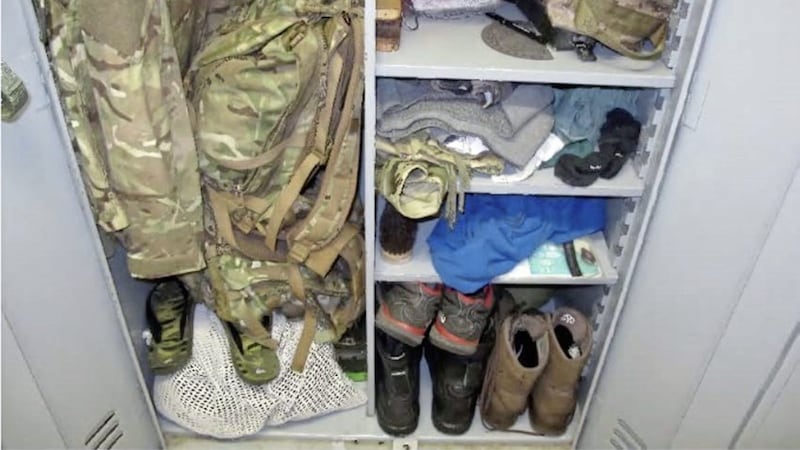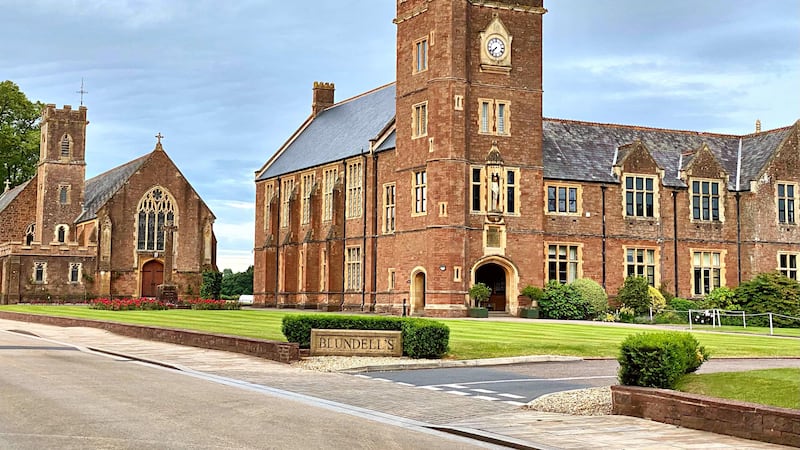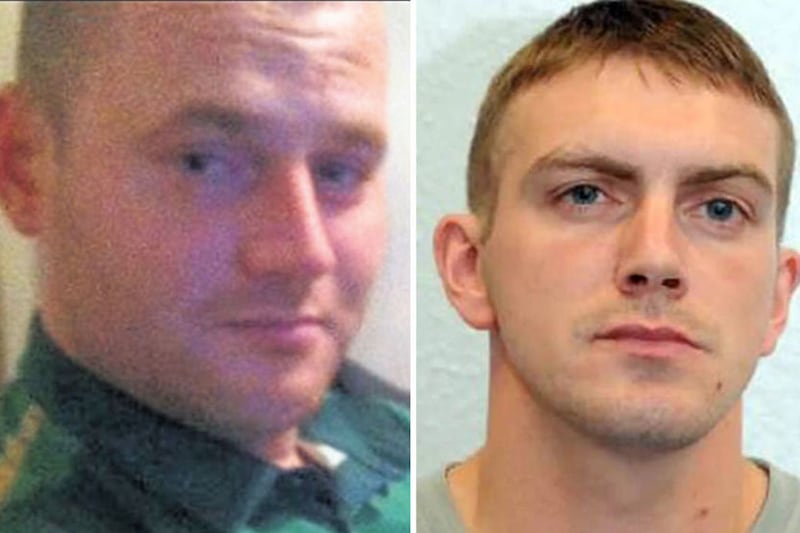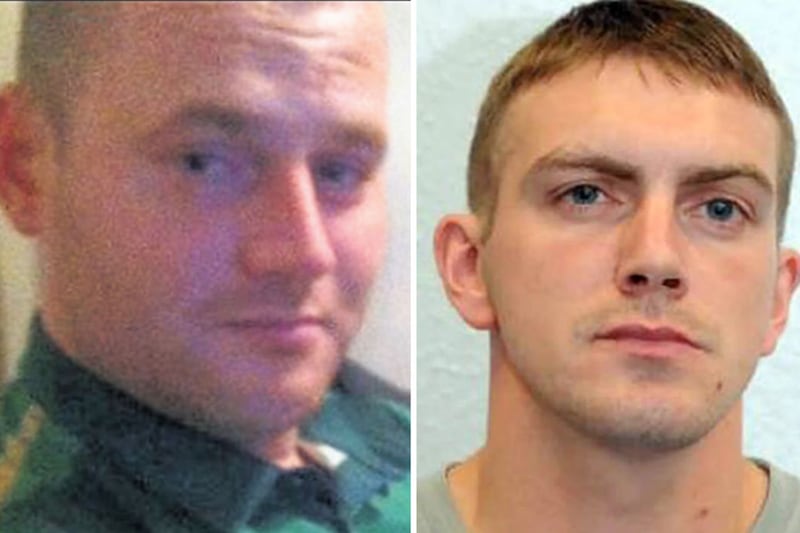Military grade explosives stolen from a British army base by former Marine Ciaran Maxwell may have made their way into the hands of an active dissident republican organisation to be used in attacks on members of the security forces.
Maxwell was jailed this week for 18-years in relation to a huge stockpile of weapons and explosives discovered in hides in England and Northern Ireland.
The court was told he had made contact with the Continuity IRA, however, that group are all but defunct in the North and the investigation has now widened out to include active dissidents who had been colluding with the Royal Marine.
In total, officers found materials and chemicals that would have made tens of kilos of explosives from the hides in Devon and over 100 kilos of explosives from the hides in Northern Ireland.
The Metropolitan Police said this week they hoped the searches had recovered all the explosives acquired by Maxwell but that they could not rule out that some had slipped through the net.
Among the explosives recovered from Maxwell's stockpile was a compound never before seen in Northern Ireland and exclusive to the British military.
A previous haul of explosives discovered in Larne in February 2013, also believed to have been supplied by Maxwell, contained the military grade compound never used in Northern Ireland up until that point.
However, the dissident group known as the ‘New IRA’ is thought to have used the explosive compound and military bomb making components in an undercar bomb in Derry in February of this year, targetting a serving police officer.
The device fell from a car outside the officer's home in the Ardanlee area of Culmore.
In a coded statement the organisation claimed it featured an "explosive it had not used before and was of a new design" and was of a "new type of tilt switch, detonator and plastic explosives".
In March 2014 the 'New IRA' also claimed they had fired an EFP (explosively formed projectile) at a PSNI Land Rover as it travelled along the Falls Road.
At the time the group boasted the new devices were part of an "already sophisticated weapons inventory" and was technology only previously seen in Iraq and Afghanistan.
The EFPs used in the Belfast attack were of the same design as those discovered partially assembled among the Maxwell haul.
Maxwell cooperated fully with the Metropolitan police and intelligence agencies are believed to have placed surveillance on some of his arms dumps after his arrest in an attempt to snare members of the 'New IRA' he is suspected of colluding with.
Detective Inspector Adrian Brown, from PSNI’s Serious Crime Branch, said: "Examining devices to try and establish identifying features is a routine part of any investigation into incidents where explosives are involved.”
However, the PSNI would not comment on whether explosives and parts from the Maxwell haul had been recovered from recent unexploded devices.
Commander Dean Haydon, head of the Met's Counter Terrorism Command, said "a significant and substantial amount of explosives and weapons have been seized - all thanks to members of the public, who noticed suspicious items and reported it to the police".








